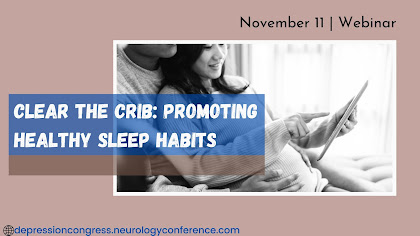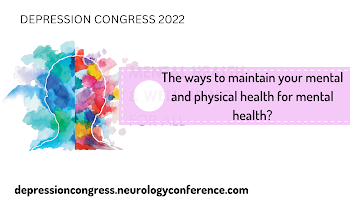Clear the Crib: Promoting Healthy Sleep Habits

Every day, there are several advertisements that we see and hear. Searching social media for adorable and ostensibly safe baby goods may be entertaining. But not all infant goods promoted on social media are secure. In actuality, there are no laws governing DIY projects or baby items that are posted online. A lot of baby goods that are currently doing the rounds on social media might be quite hazardous to a baby's sleep environment . The ABCs of safe sleep alone, on their Back, and in a Crib are the only ways a baby can sleep soundly. Buying only items that adhere to CPSC (Consumer Product Safety Commission) safety regulations is one approach to ensure that the items you bring into your home are secure for infants . When used properly, any device that satisfies these safety requirements is safe for babies, resulting in a more restful night's sleep for both you and your baby. Create a mood. A pleasant setting that is dark, quiet, and at a reasonable temperature can promo...


.png)
.png)
